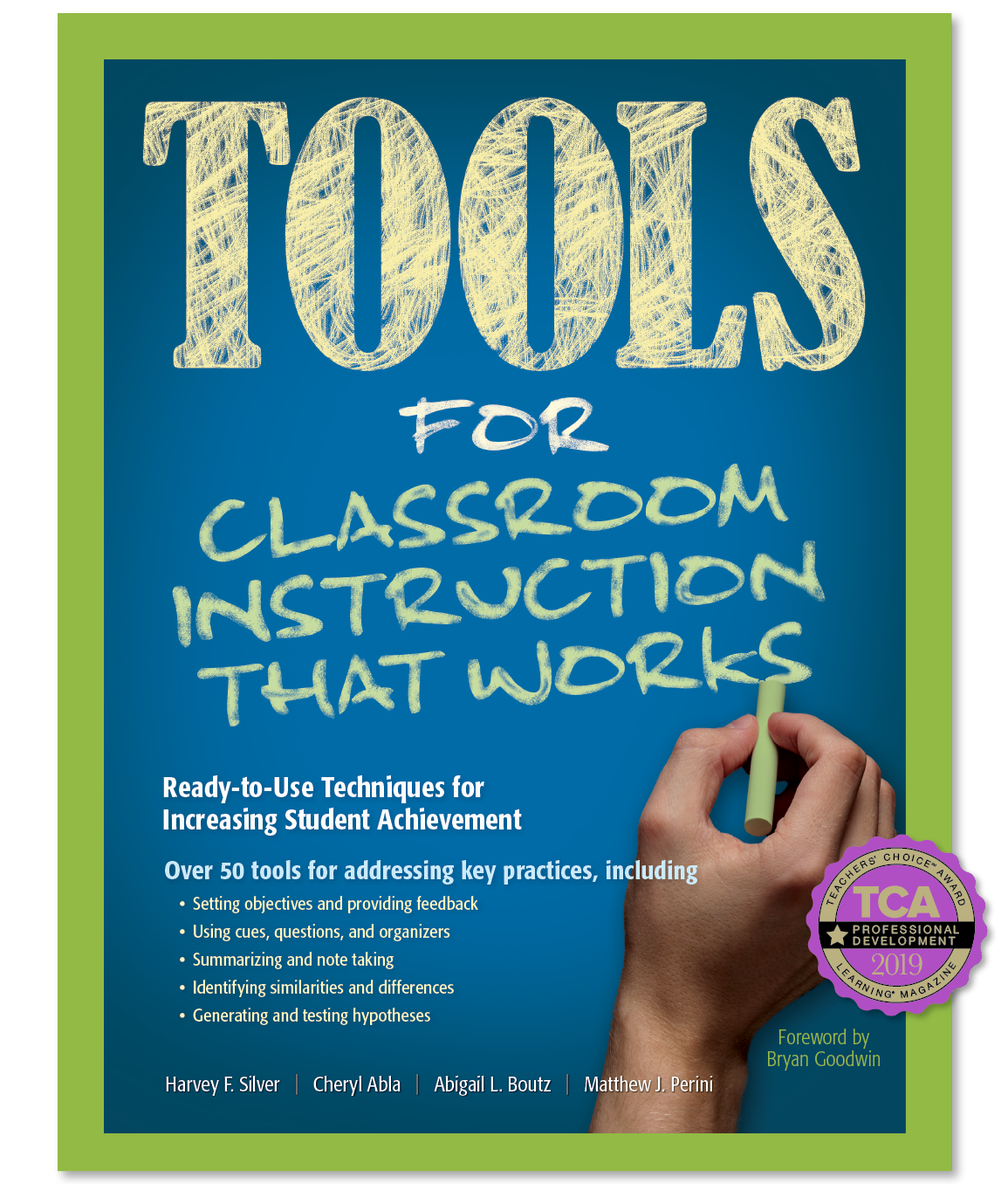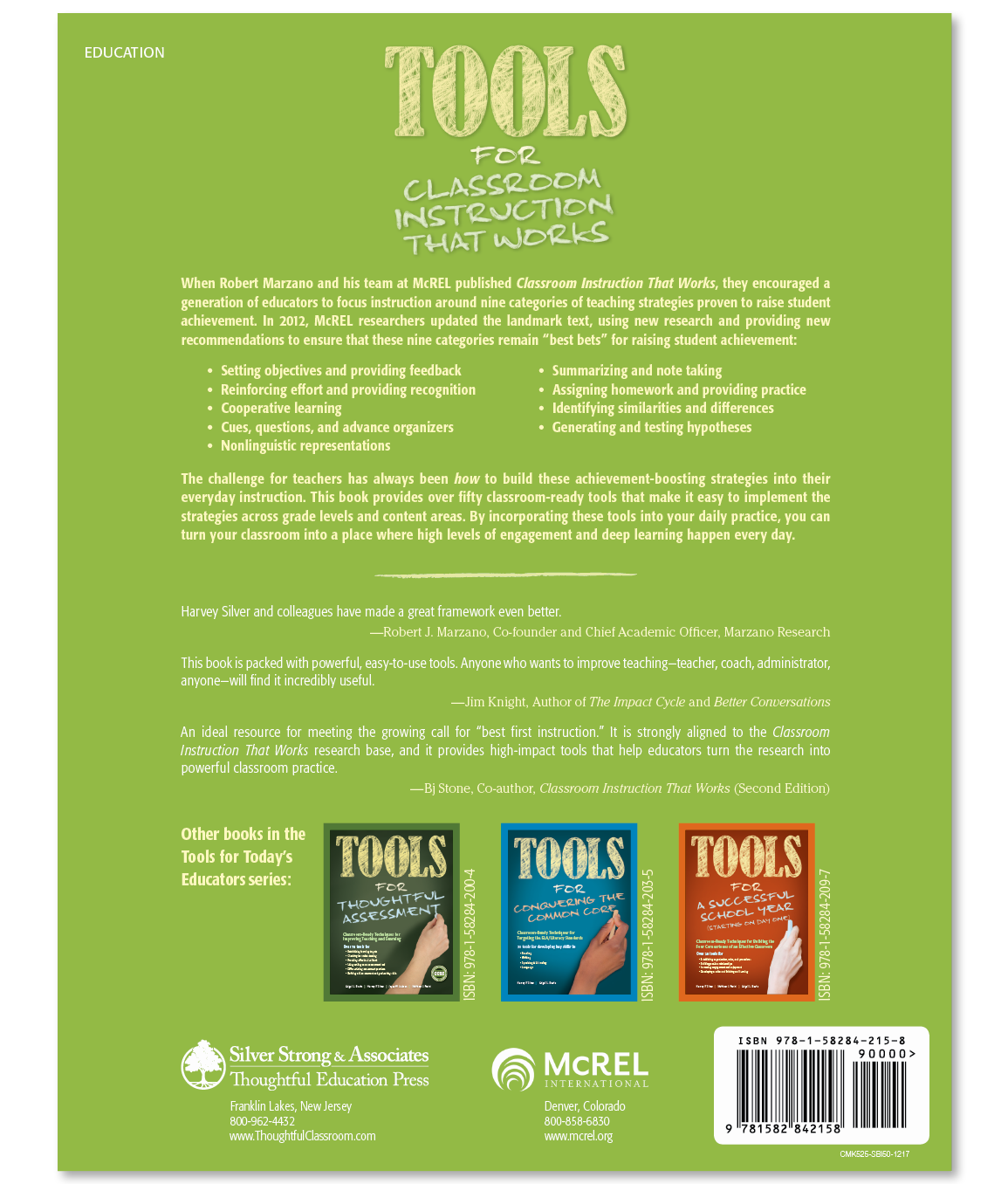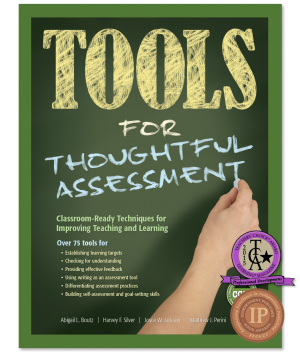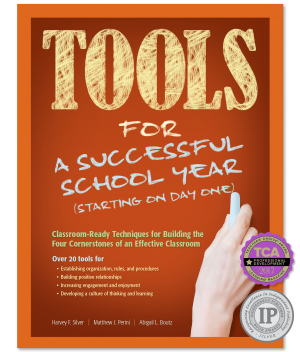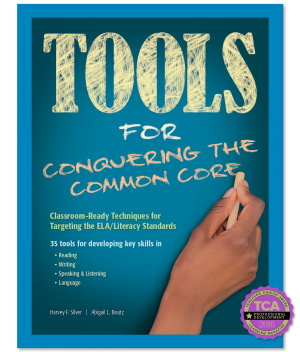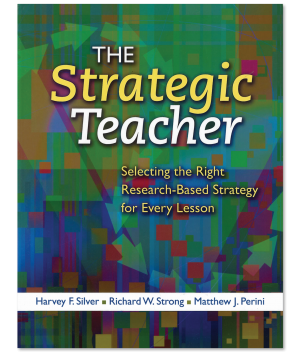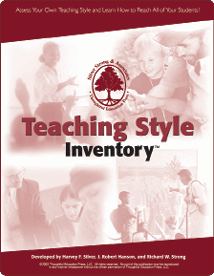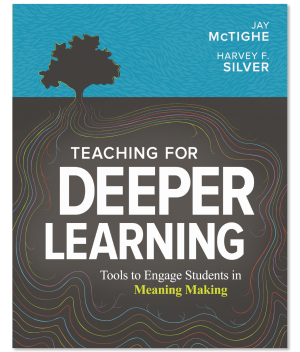Description
Foreword by Bryan Goodwin
When Robert Marzano and his team published Classroom Instruction That Works in 2001, they gave educators a powerful framework for understanding education research—a framework that answered the question: Which strategies work in the classroom? More recently, a team of researchers at McREL International updated Classroom Instruction That Works, using new research to ensure that the framework and its strategies are truly our “best bets” for raising achievement.
But what many educators are looking for is the how. How do we put the power of the research to work in our classrooms? How do we adapt the generalizations in the research to meet the needs of our students? The answer: “With the right tools.”
Tools for Classroom Instruction That Works gives educators over 50 classroom-ready tools that make it easy to put the research-based recommendations from Classroom Instruction That Works into practice tomorrow. Organized according to the renowned Classroom Instruction That Works framework, this addition to the award-winning Tools for Today’s Educators series is the simplest and most practical way to ensure higher levels of student achievement in every classroom.
Includes classroom-ready tools for
- Setting objectives and providing feedback
- Reinforcing effort and providing recognition
- Cooperative learning
- Cues, questions, and advance organizers
- Nonlinguistic representations
- Summarizing and note taking
- Assigning homework and providing practice
- Identifying similarities and differences
- Generating and testing hypotheses
This book is packed with powerful, easy-to-use tools. Anyone who wants to improve teaching—teacher, coach, administrator, anyone—will find it incredibly useful.
This book is an ideal resource for meeting the growing call for ‘best first instruction.’ It is strongly aligned to the Classroom Instruction That Works research base, and it provides high-impact tools that help educators turn the research into powerful classroom practice.
With the tools in this book, you can develop greater precision and build your instructional repertoire as you learn from research and from the experience of master teachers.

